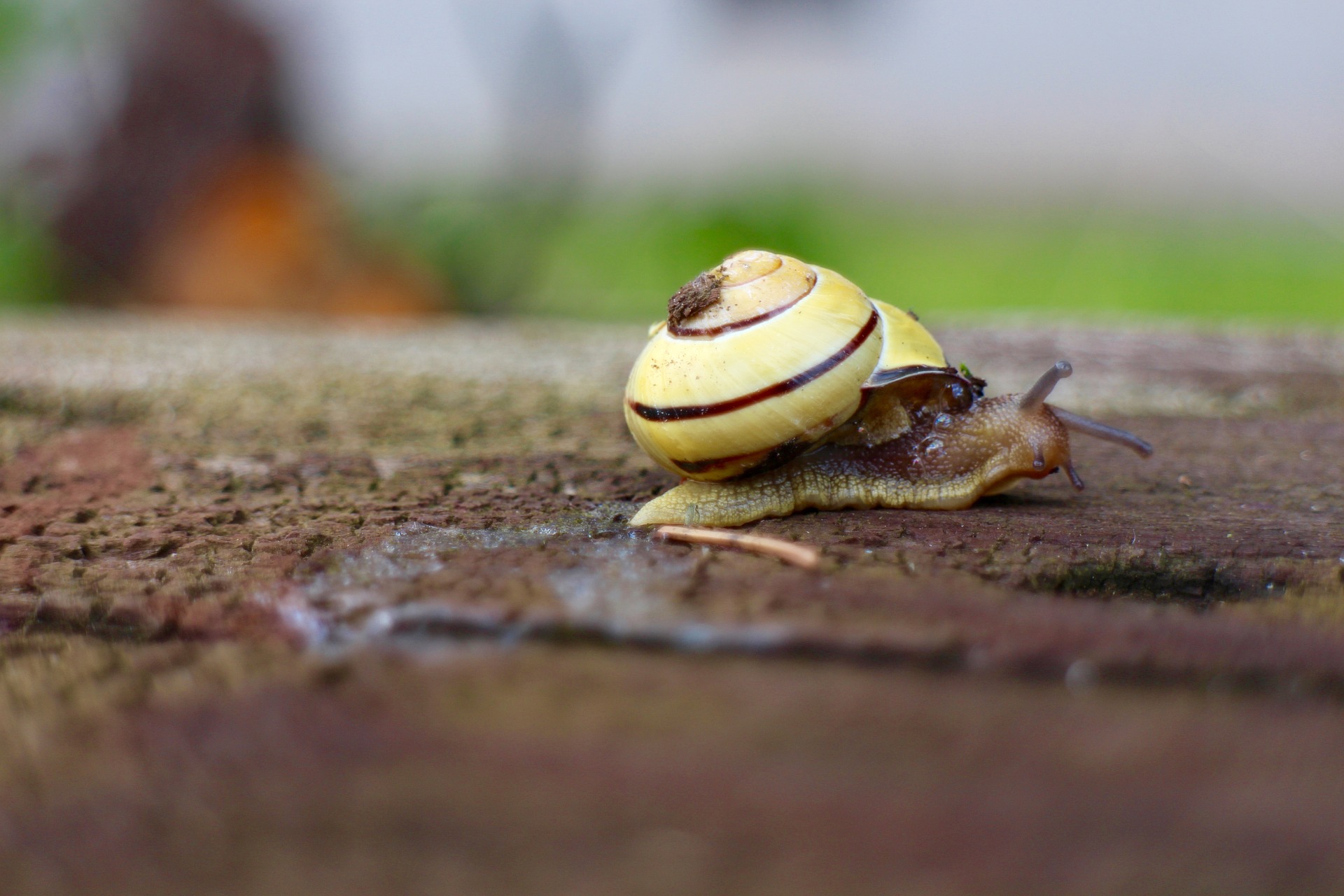Slowing, Desiring, Haunting, Hospicing, and Longing for Change: Thinking With Snails in Canadian Early Childhood Education and Care
DOI:
https://doi.org/10.37119/ojs2022.v28i1b.658Abstract
This paper is a collective attempt to respond creatively to a research project we were part of entitled Sketching Narratives of Movement: Towards Comprehensive and Competent Early Childhood Educational Systems Across Canada. We share our slow process of thinking, collaborating, wondering, and pausing along with the figure of the snail as we improvise a nonlinear path towards an unknown future. We think-with various theories of change as a response to narratives shared by participants in the project’s knowledge mobilization events: two public webinars and the production of a series of short video interviews. The pandemic simultaneously (re)inscribed ECEC with familiar discourses and narratives, yet, it also issued forth the potential for new imaginaries. ECEC was suddenly positioned as a critical community life-sustaining space for entire systems stressed by a pandemic. Amidst the attention, however, “slimy” traces of chronic neglect, underfunding, and undervaluing of ECEC were gleaming. Given the unpredictable momentum, we argue that it is essential that we open up ECEC to different narratives of movement. To this end, we offer five theoretical capsules titled: Slowing, Desiring, Haunting, Hospicing, and Longing as provocations for storying care otherwise and for stirring ethical consideration with potentialities for slow activism in ECEC.
Keywords: Early childhood education and care, Canada, theories of change, slow activism, haunting, hospicing, desire

Published
Issue
Section
License
Copyright (c) 2022 Iris Berger, Emily Ashton, Joanne Lehrer,Mari Pighini

This work is licensed under a Creative Commons Attribution-NonCommercial-NoDerivatives 3.0 Unported License.
Authors who publish with this journal agree to the following terms:- Authors retain copyright and grant the journal right of first publication with the work simultaneously licensed under a Creative Commons Attribution License that allows others to share the work with an acknowledgement of the work's authorship and initial publication in this journal.
- Authors are able to enter into separate, additional contractual arrangements for the non-exclusive distribution of the journal's published version of the work (e.g., post it to an institutional repository or publish it in a book), with an acknowledgement of its initial publication in this journal.
- Authors are permitted and encouraged to post their work online (e.g., in institutional repositories or on their website) prior to and during the submission process, as it can lead to productive exchanges, as well as earlier and greater citation of published work (See The Effect of Open Access).


